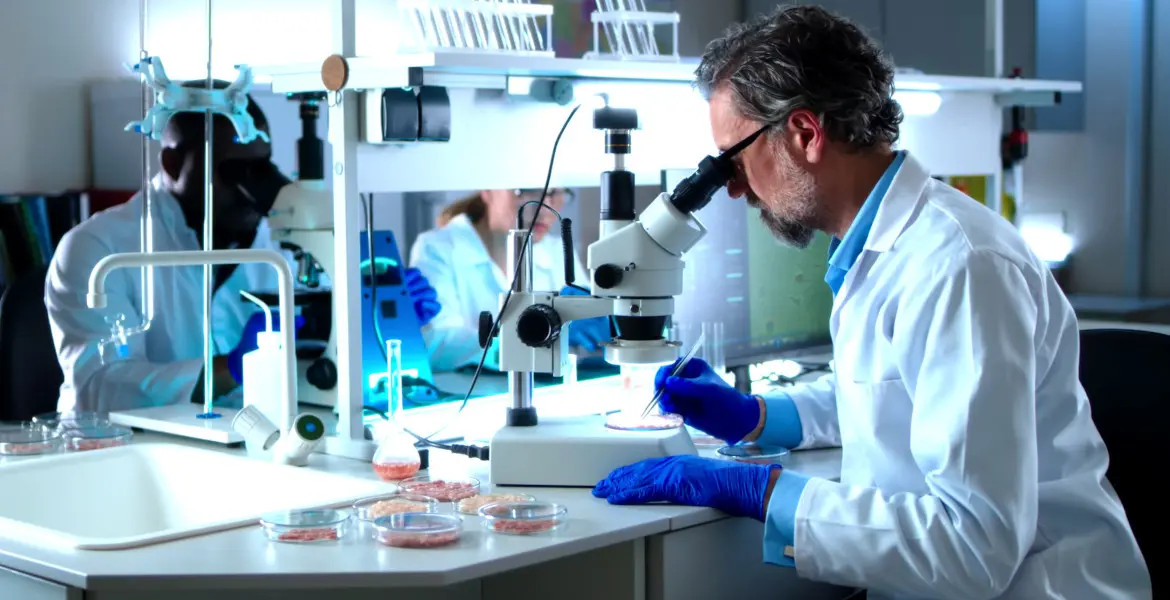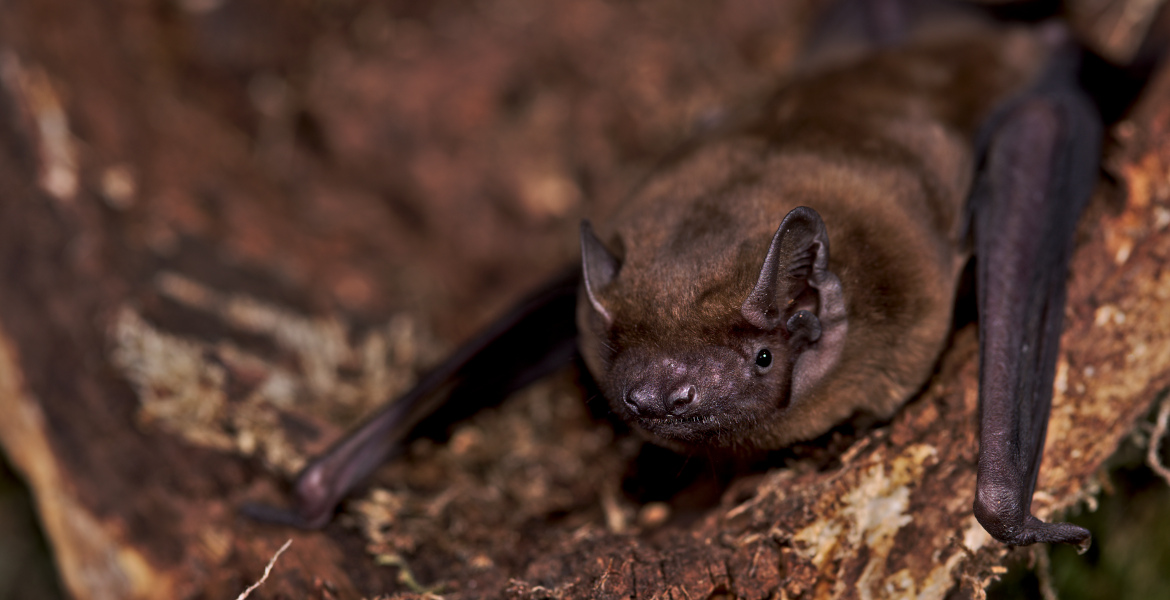On Tuesday, the Italian government approved a new draft law prohibiting Italian industry from producing food from lab-grown meat. Those who violate the law risk being fined up to €60 000.
The reason for the new law is to protect the Italian agricultural and food industry, as promised by Prime Minister Giorgia Meloni. Agriculture Minister Francesco Lollobrigida believes that laboratory products threaten the traditional link between food and agriculture.
– We do not believe that laboratory products guarantee the quality, well-being and protection of our culture and tradition, says Lollobrigida.
The Italian government also recently opposed insect products and banned the use of insect flour in traditional products such as pizza and pasta.
The bill prohibits Italian industry from producing food or animal feed from “cell cultures or tissues derived from vertebrate animals”. Those who violate this law can be fined up to €60,000, have their factory shut down and lose public funding for up to three years. According to the newspaper Italia a Tavola, 84% of Italians are negative towards lab-grown food.
A Parliamentary vote will be held before the law is enacted.
Facts: Laboratory-grown meat
The production of lab-grown meat uses animal stem cells, which means that the final product is real meat (i.e. not vegan). In the past, cells from unborn calves were reportedly used, but it is unclear whether this method is still used and to what extent. Cells can also be taken from living animals. The cells are then 'grown' in nutrient solution in a bioreactor, which causes them to grow.








